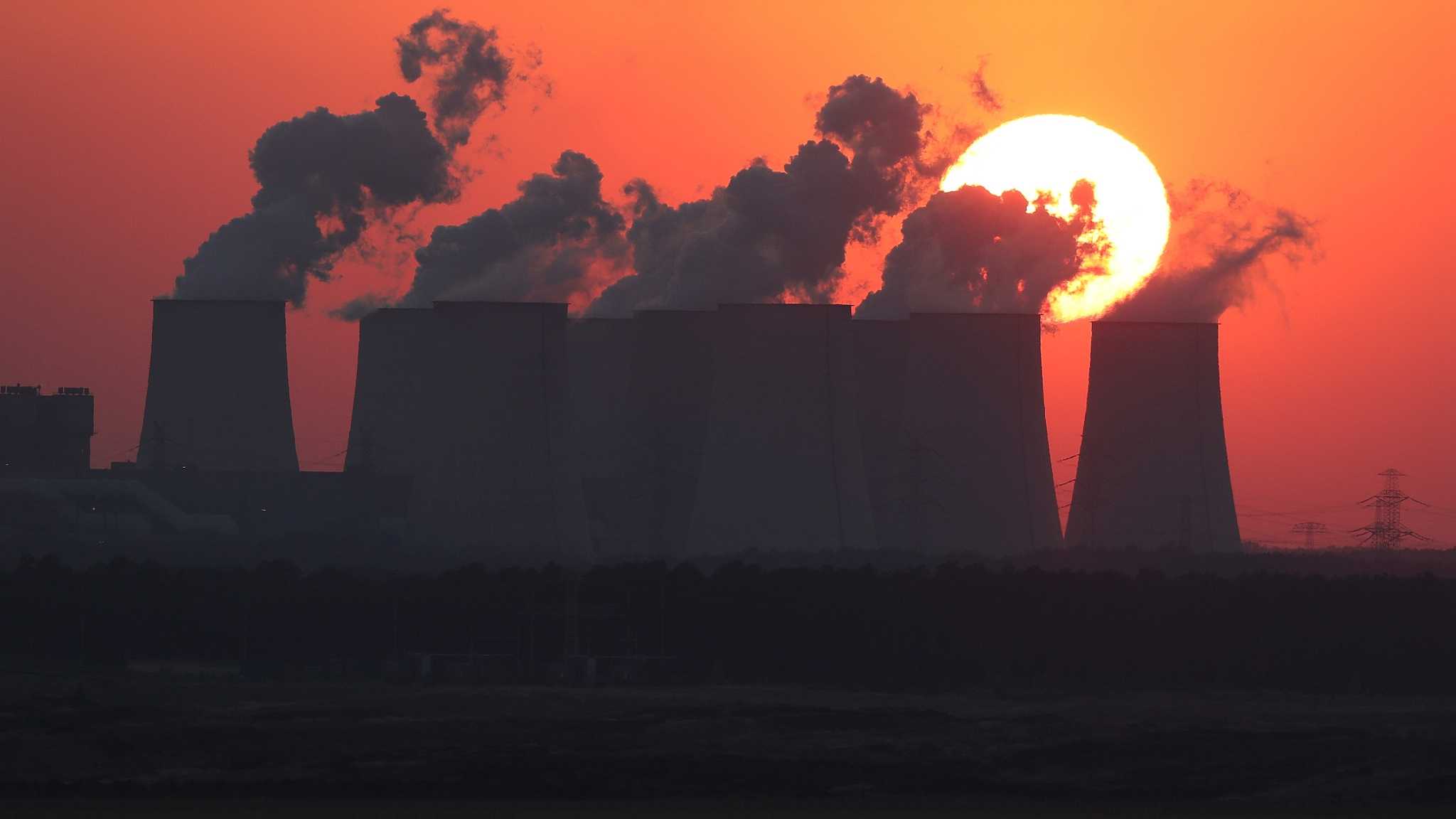
Tech & Sci
14:58, 30-Nov-2018
G20 urged to make radical shift to promote low carbon projects
Updated
14:05, 03-Dec-2018
Alok Gupta

Three leading international organizations, concerned over the massive emissions from energy-intensive projects, are urging G20 leaders, to make a radical shift towards low-carbon, climate resilient infrastructure development.
Current energy generation plants, transport, building, and water infrastructure constitutes more than 60 percent of global greenhouse gas emissions, Organization for Economic Co-operation and Development (OECD), UN Environment and World Bank Group, maintained in a joint statement.
A scarcity of investment looms over the sector planning green projects resulting in failing to meet the climate goal. An annual investment of more than 6.9 trillion U.S. dollars is required up to 2030 to achieve climate and development objectives, the OECD estimates.
The three international organizations delivered a new report, Financing Climate Futures: Rethinking Infrastructure, to G20 summit underway in Buenos Aires, on the need to adopt a more transformative agenda on low-carbon, climate-resilient investments.
The report highlights, to meet the Paris Agreement goal of cutting carbon dioxide emissions to net zero, governments incentives are needed to mobilize finance away from emissions-intensive projects.
According to OECD, governments spend half a trillion dollars annually subsidizing emission intensive oil, coal or gas.
The report predicts, power plants under construction, using old technologies, are likely to double emissions from power generation. The current investment trend shows, incentives to shift to green energy and infrastructure, and disincentives to massive emission generating projects remain weak.
“Investing in low-carbon, climate-resilient infrastructure is vital for the future of the planet, and it can also drive economic growth,” said Gabriela Ramos, OECD Chief of Staff and G20 Sherpa.
“The infrastructure challenge creates incentives for reforms that can deliver better performance on both counts. We are losing time though – if we want to deliver we need to move much faster and achieve a systemic shift of trillions of dollars in green investment.”
The report highlights six transformative areas and 20 actions for aligning financial flows with climate and development goals in the areas of planning, innovation, public budgeting, financial systems, development finance, and cities.
“With only 12 years to head off the worst impacts of climate change, we need rapid reform of our economies and societies, including a switch to low-carbon infrastructure,” said Joyce Msuya, Acting Executive Director of UN Environment.
“The G20's economic power and political influence will be crucial to unlocking the investment we need to make this switch.”
(Top Photo: The sun sets behind the cooling towers of the Jaenschwalde coal-fired power plant near Griessen, Germany, October 11, 2018. /VCG Photo)

SITEMAP
Copyright © 2018 CGTN. Beijing ICP prepared NO.16065310-3
Copyright © 2018 CGTN. Beijing ICP prepared NO.16065310-3